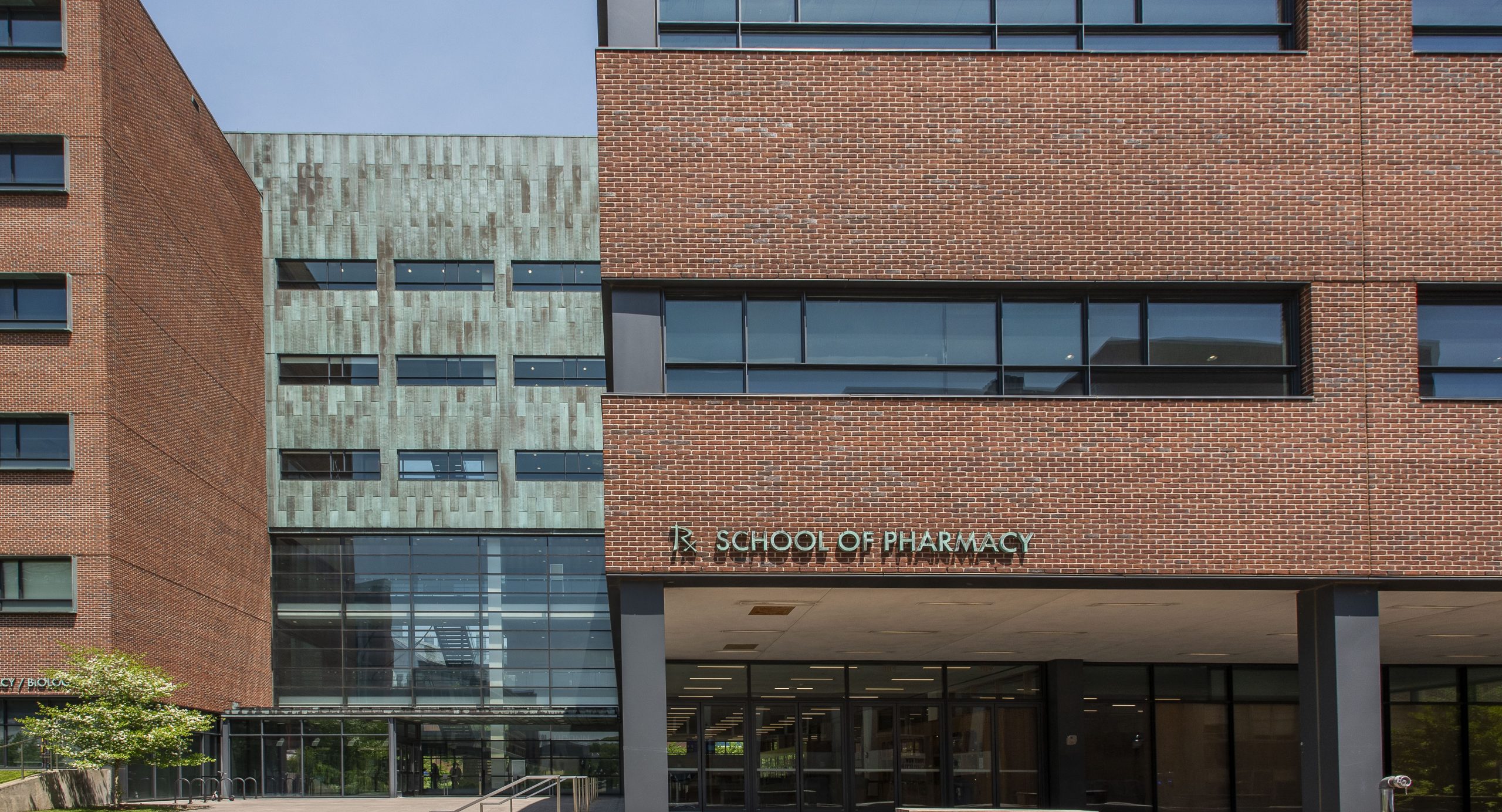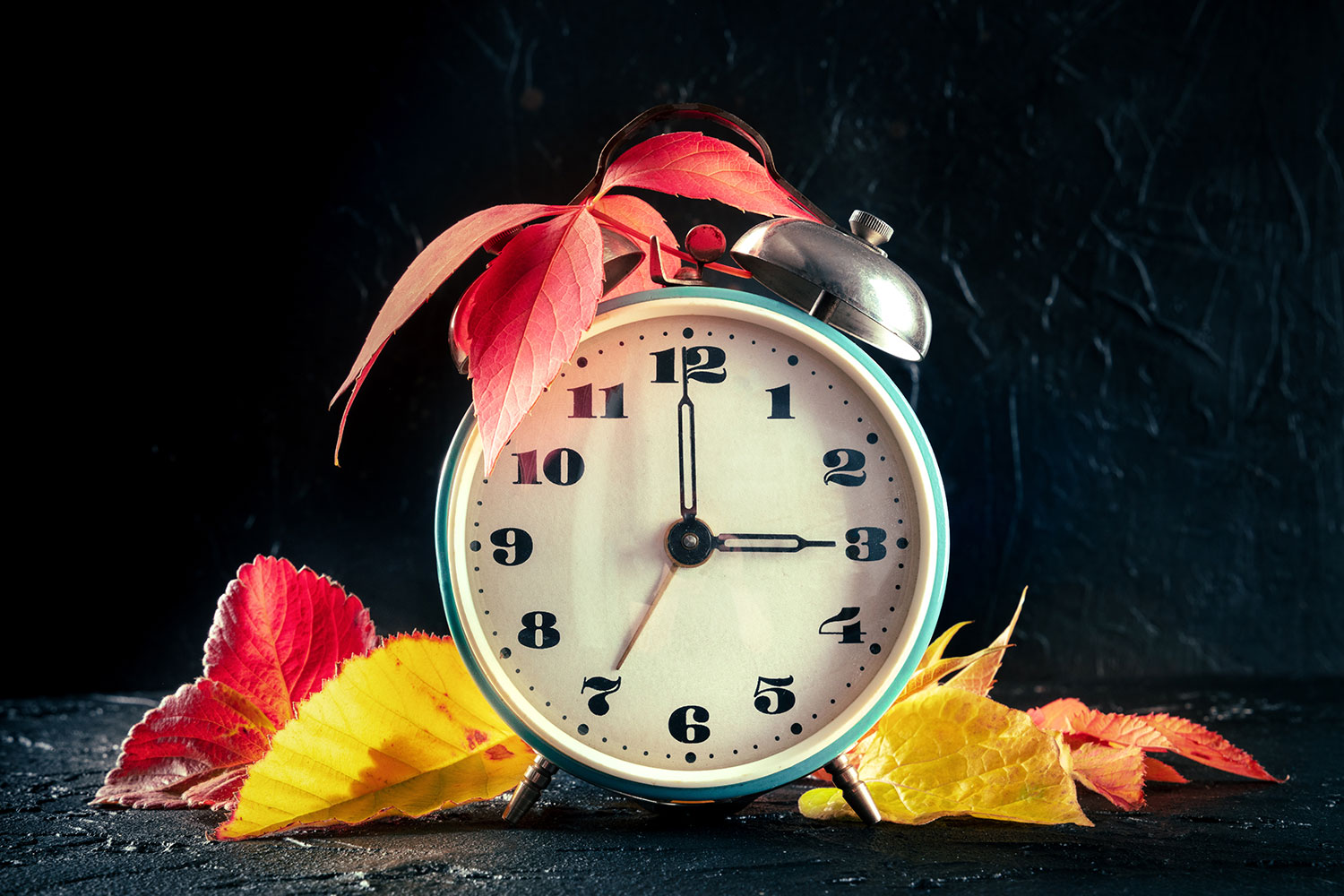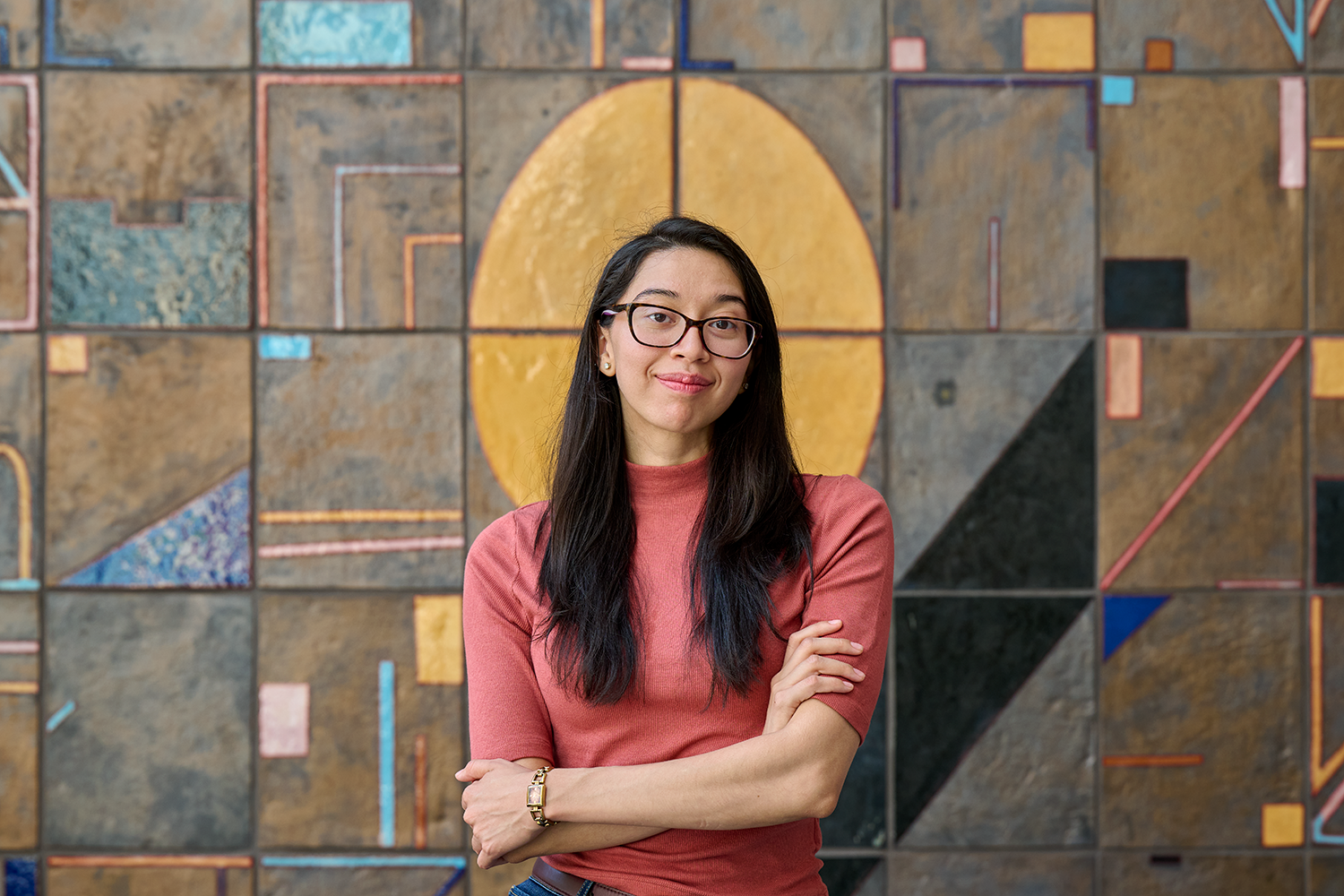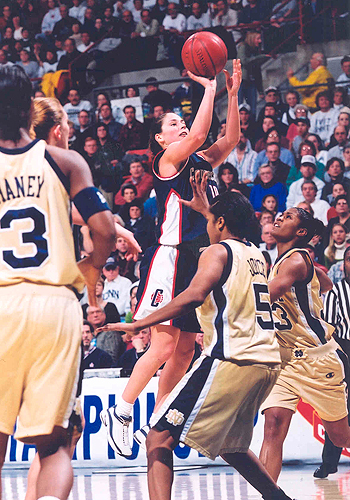
The 2001 Big East women’s basketball championship game between UConn and Notre Dame was the second of three match-ups that season. It would end as the Huskies’ only win that year against the Fighting Irish, who handed UConn a 92-76 defeat in South Bend during the regular season and then closed the door on Geno Auriemma’s team in the Final Four, before winning their first national championship.
Standing in the cold Storrs night outside Harry A. Gampel Pavilion following the Huskies’ 78-76 victory, sportswriter Jeff Goldberg turned to his colleague from The Hartford Courant, Matt Eagan, and said, “I think we just watched the greatest women’s game ever played.”
“I was thinking even after that moment it was the kind of game that someone would write a book about,” Goldberg recalls. “I never thought [that person] would be me.”
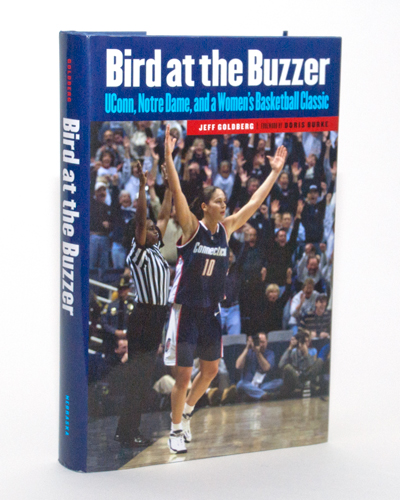 A decade later, Bird at the Buzzer; UConn, Notre Dame, and a Women’s Basketball Classic (University of Nebraska Press, 2011) is Goldberg’s tale of that dramatic game, a tight back-and-forth struggle in which the playing career of All-American Shea Ralph ended with another knee injury, a freshman from California named Diana Taurasi fouled out, and Sue Bird brought the Huskies back by scoring the game’s last five points, including a buzzer-beater that won the championship.
A decade later, Bird at the Buzzer; UConn, Notre Dame, and a Women’s Basketball Classic (University of Nebraska Press, 2011) is Goldberg’s tale of that dramatic game, a tight back-and-forth struggle in which the playing career of All-American Shea Ralph ended with another knee injury, a freshman from California named Diana Taurasi fouled out, and Sue Bird brought the Huskies back by scoring the game’s last five points, including a buzzer-beater that won the championship.
To hear an audio clip of the shot that clinched the game, click here.
The author will sign copies of the book at the UConn Co-op on Saturday, Feb. 19 from noon to 2 p.m., before the UConn-Notre Dame game at Gampel Pavilion, and then following the game. (A discussion with Jeff Goldberg about his book will air Saturday at noon on WHUS 91.7 FM and online.)
The night of the memorable game, Goldberg was covering the championship as a freelance writer for The Chicago Tribune, the Courant’s sister newspaper, whose reporters were unable to fly to Connecticut because of a snowstorm that had disrupted air travel. The storm also caused a leak in the Gampel Pavilion dome, causing a delay during the Big East semifinals the previous evening.
“[The Chicago Tribune] needed to have someone cover for them and I drew the assignment. I was really glad I did,” he says. “Gampel was really alive … It had that sort of tingle feeling that you get. For women’s basketball, this was a night really unlike any other.”
Goldberg, who went on to cover Husky women’s basketball from 2001 to 2006, says that during the 2000-2001 season, the UConn-Notre Dame rivalry had momentarily surpassed that between the Huskies and Tennessee. Led by Ruth Riley and Niele Ivey, Muffet McGraw’s team matched up against Auriemma’s team, which included All-American seniors Shea Ralph, Svetlana Abrosimova, and Kelly Schumacher; juniors Sue Bird, Swin Cash, Asjha Jones, Tamika Williams, and Kennitra Johnson; and two freshmen, Diana Taurasi and Maria Conlon.
Even with Abrosimova suffering a season-ending foot injury earlier in the year and then Ralph’s injury during the Big East Championship, the Huskies made it to within one game of repeating as NCAA champions.
“That 2001 team, I would argue, was their greatest team,” Goldberg says. “But it was the only one of that five years [2000-2004] that didn’t win a national championship. Before the injuries, it was the most talented team they ever had; even after Sveta went down, they still were loaded. That they could endure a season-ending injury to an All-American, then another season-ending injury to another All-American, and still go to the Final Four … We saw what they did the following year.”
The next season, Bird and company ran off a 39-0 season, the first of three consecutive national championships.
In writing the book, Goldberg spoke extensively with players and coaches from both teams, watching the game with almost all of those involved to help jog memories of nearly a decade before.
“They needed the visual memory to kick in,” he says. “For most of them, it was the first time they had seen the game since it was played. As fans, we love to re-watch these games; they show up on ESPN Classic. The players move on. They’re always looking forward. But for one day, it was the first time for almost all of them that they had watched the game.”
He says for the Notre Dame players, it was an often poignant way to relive a small part of their championship year.
”That was the greatest season of their lives,” he says. “They won the national championship that year. For Niele Ivey to look back and see a slice of that season, even though they lost the game, she thanked me for allowing her to relive that year. It was a special year for her. She was from St. Louis, which is where they won the national championship.
“I also had a lot of fun with Diana and Sue, because there were some controversial calls toward the end of the game. At the time, they would have sworn they were the aggrieved party from the officials. Even Sue, after seeing the visual evidence, swears she did not turn the ball over with about 30 seconds left. It’s kind of forgotten that before she won the game, she lost the ball out of bounds. She swears Niele Ivey touched the ball last. We replayed that thing like the [Kennedy assassination] Zapruder film, and she still insists that was not her turnover.”
Goldberg says that while the intense competition during the game and the dramatic shot by Bird for the win are memorable, the injury to Ralph, now a UConn assistant coach, remains etched in the minds of most of the 10,000 fans inside Gampel that night.
“It was such an eerie, awful feeling,” says Goldberg, who was seated along press row where Ralph fell injured to the floor. “Not just because everybody knew what she had been through, but Shea Ralph for those first 13 minutes had finally rediscovered the player that had made her an All-American and the Final Four MVP the year before. She had a really rough season in 2001. In the Big East tournament she had regained her greatness. She was the old Shea, and then in a heartbeat it was over in awful fashion. It was witnessing the death of a career of a beloved figure because of how tough she was and how much she had overcome. Then she comes back out after halftime and she’s got the brace on her leg, very heroic. It raised the emotional pitch of the game even higher than it already had been, because it became about winning it for her. You can’t script something like that.”
Even after the eventful season had ended, Goldberg says some of those involved would continue to understand the small margin between success and failure, and how fate is determined.
McGraw includes winning the2001 national championship among the luck she had that year. After winning the title, she had a hole in one in golf during the summer. As September began, she headed out on a recruiting trip to Boston to see Nicole Wolff, an accomplished player who attended Milton Academy and is the daughter of then-Boston University men’s basketball coach Dennis Wolff, a UConn alumnus.
McGraw was scheduled to fly to California on the morning of Sept. 11, preferring a nonstop flight out of Boston. But Kevin McGuff, her young assistant coach, insisted that she join him in Providence to fly together. He ultimately prevailed, so she canceled her reservation on United 175. While sitting in their seats on the tarmac, their flight was recalled to the airport terminal, where they learned that McGraw’s original flight was one of the planes flown into the World Trade Center in New York City.
“Even 10 years later, she still really didn’t want to talk about it,” Goldberg says. “I think she still seems haunted by it. Who could blame her? It’s the fragility of life, one minute you’re on the top of the world cutting down the nets, and the next it could be taken away from you in an instant.”
